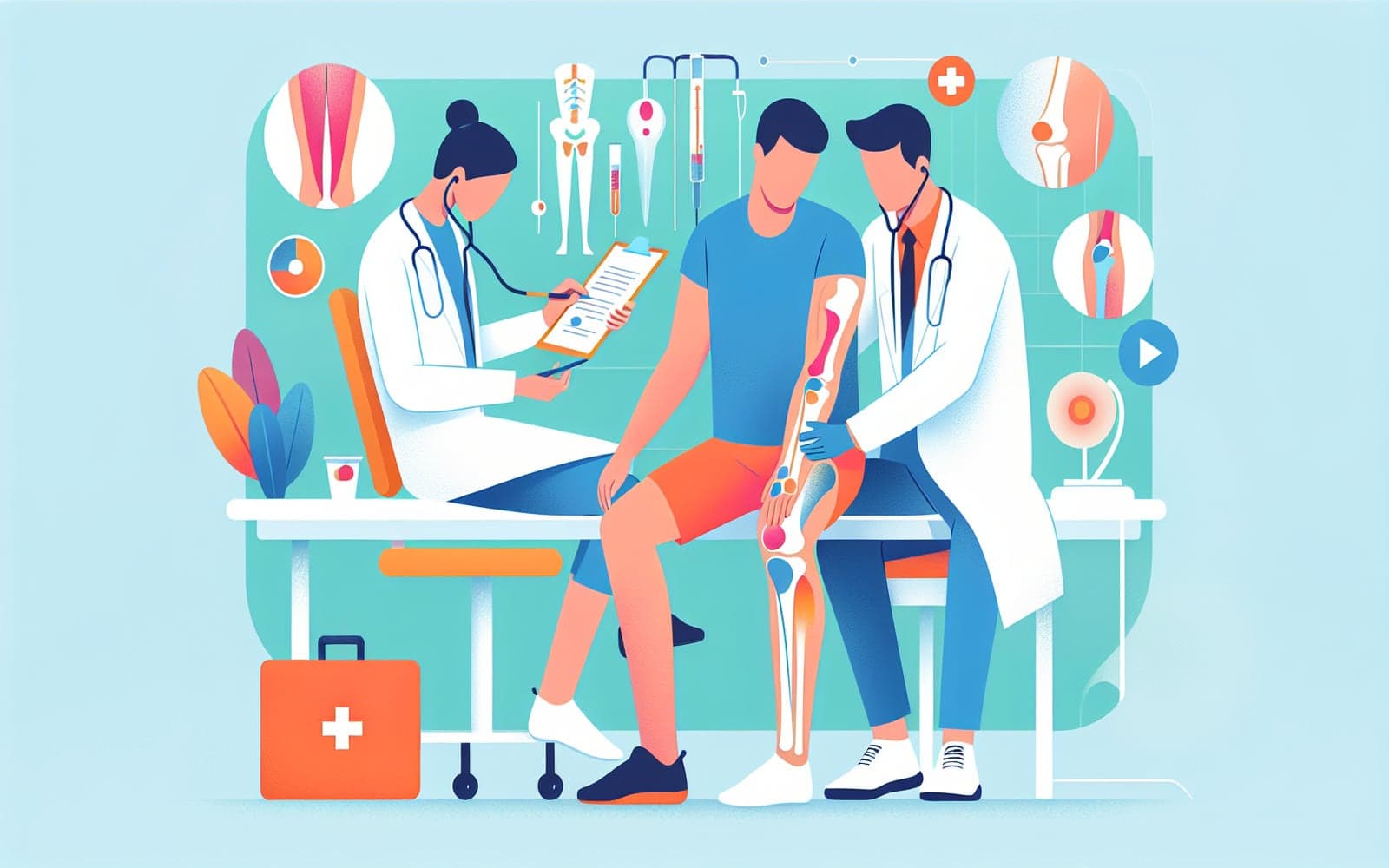Diagnosing Tibial Fractures: What Tests Are Used?
Published: Sep 24, 2023
Accurate diagnosis of tibial fractures is essential for effective treatment. Learn about the tests that doctors use.
Contents
X-Rays: The First Step
X-rays are typically the first test used to diagnose tibial fractures. They provide a clear picture of the bone and can help identify the fracture's location and severity. This initial step is crucial in planning treatment.
Advanced Imaging Techniques
For complex fractures, CT scans or MRIs might be used. These tests offer detailed images, helping doctors assess the extent of the injury. They are particularly useful for fractures that involve joints or are suspected to have ligament damage.

The Role of Ultrasound
Although not common, ultrasound is beginning to be used for diagnosing fractures in some settings. It can be a quick and non-invasive way to check for breaks, especially in emergency situations. However, its effectiveness can vary based on the clinician's experience.
Frequently Asked Questions
X-rays are typically the first diagnostic step.
They are used for complex fractures needing detailed imaging.
Yes, but their effectiveness depends on clinician expertise.
Key Takeaways
Accurate diagnosis using appropriate tests is crucial for effective fracture management.
Consult with Doctronic to understand which diagnostic tests are right for you.Related Articles
References
Waterbrook AL, Adhikari S, Stolz U, Adrion C. The accuracy of point-of-care ultrasound to diagnose long bone fractures in the ED. Am J Emerg Med 2013; 31:1352.
Bolandparvaz S, Moharamzadeh P, Jamali K, et al. Comparing diagnostic accuracy of bedside ultrasound and radiography for bone fracture screening in multiple trauma patients at the ED. Am J Emerg Med 2013; 31:1583.
Always discuss health information with your healthcare provider.

